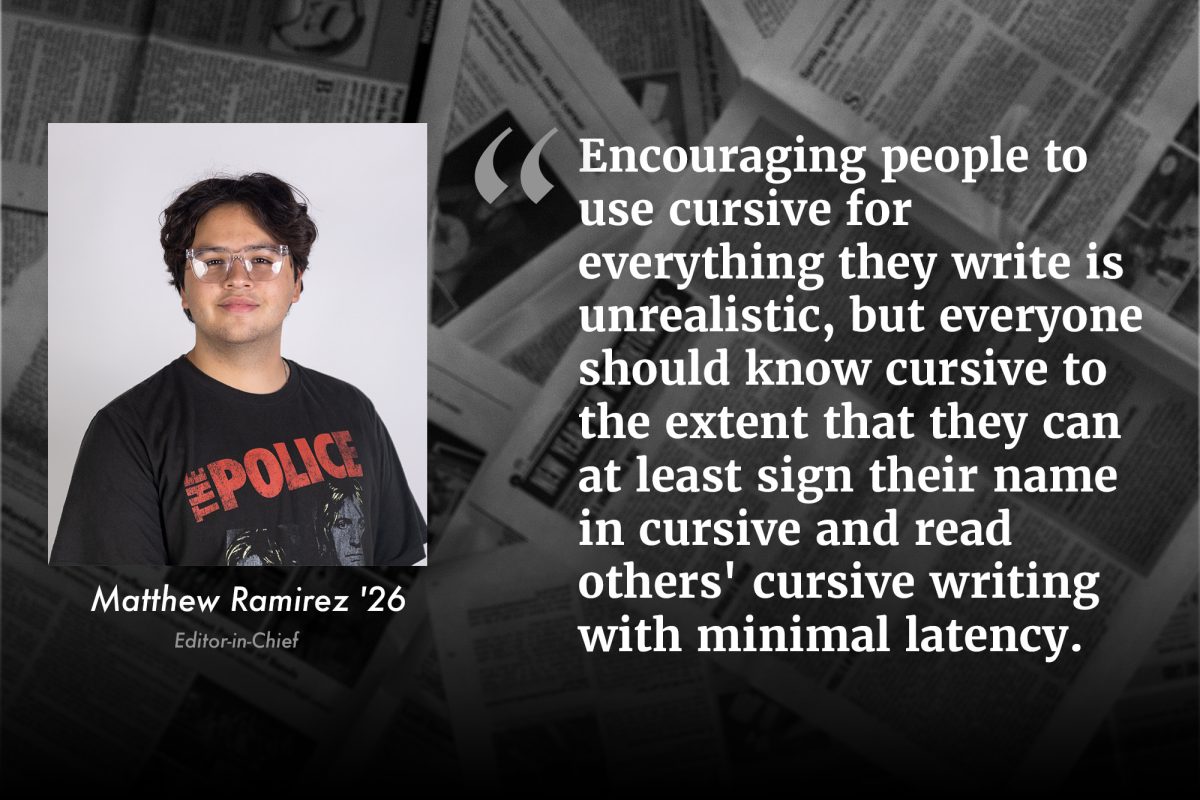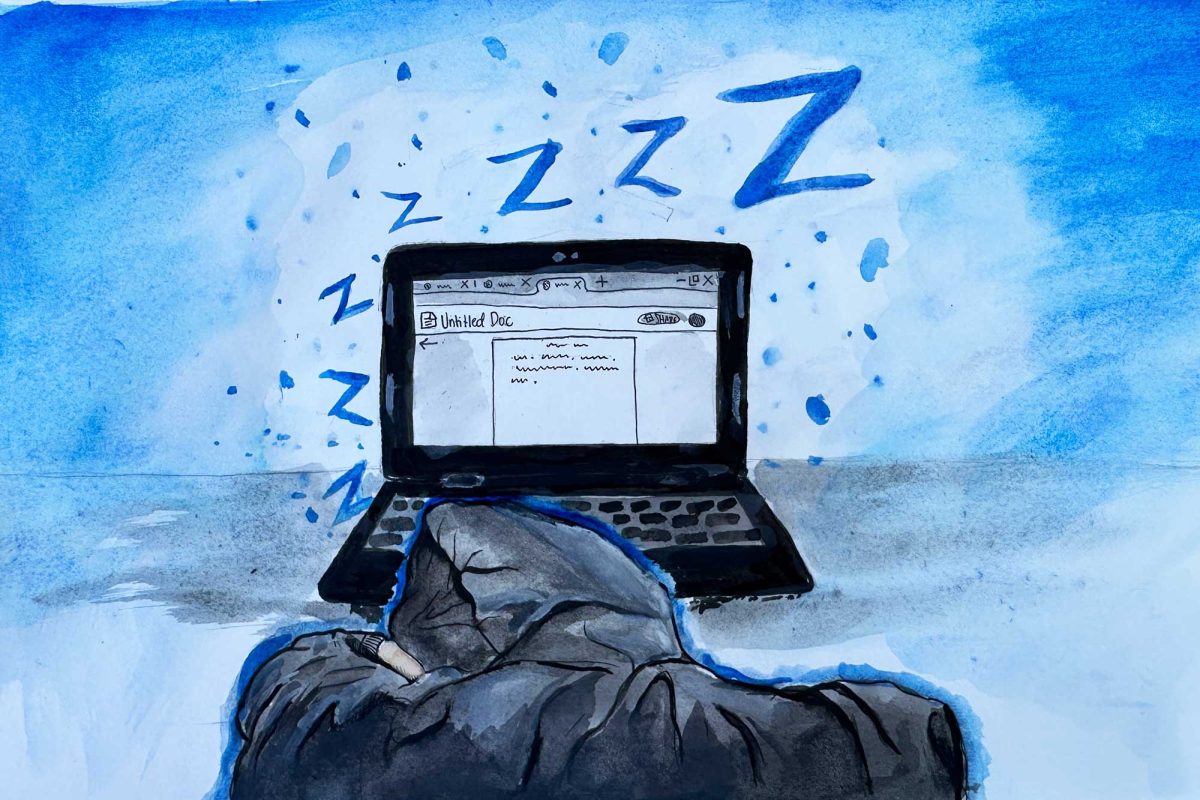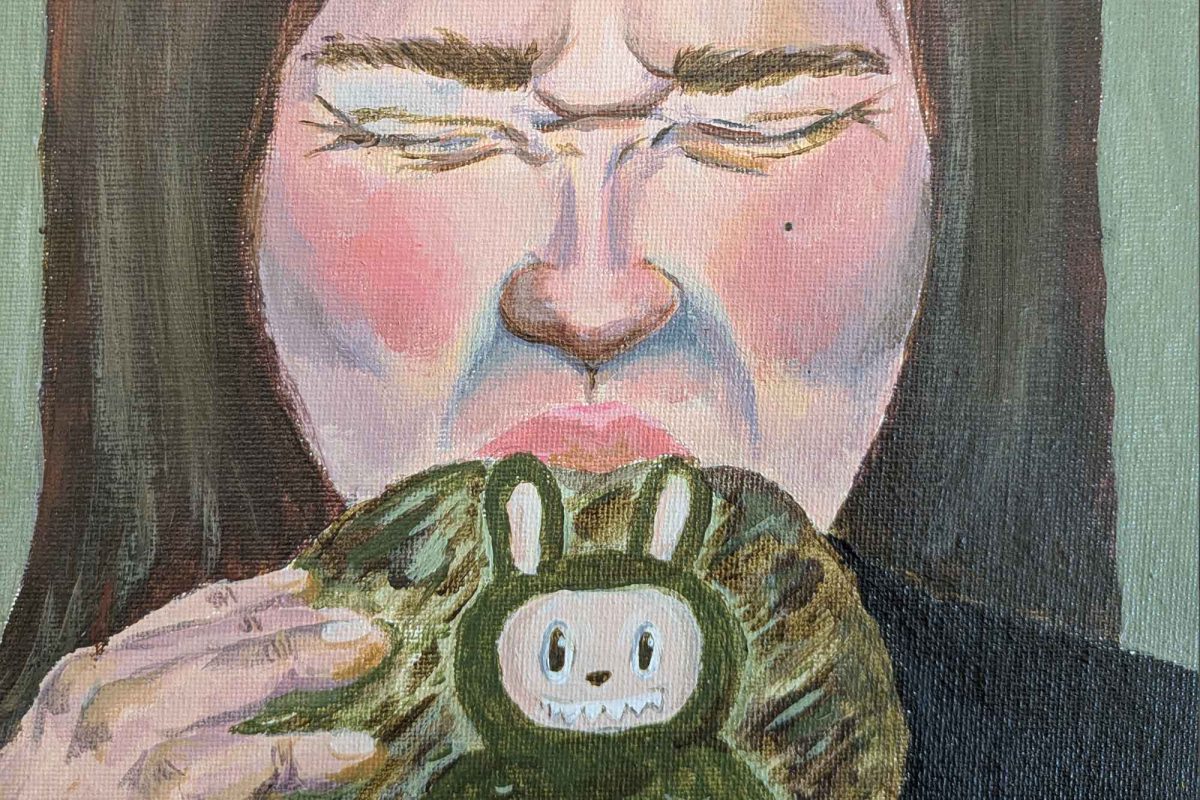When I think of summer, I smell sunscreen and hear my mom yelling in my peripheral vision, chasing toddler me with sunblock on her palms. I think of the long car ride to summer camp up by the shore, the tight hugs I receive from the friends I haven’t seen since last year. I think of lazy mornings and late nights, ice cream, and gas on the grill.
Unfortunately for a lot of students, summer doesn’t evoke the same feeling anymore.
In early childhood, summer felt mystical and everlasting, no commitments, no work, no responsibility. Now, in the absence of school, all I can think about is how summer can be used as a time to get ahead.
With college applications in mind, students abandon the childhood joys of summer for educational opportunities like internships and summer classes. Can summer work really benefit students in the long run, or is it adding unnecessary stress during a time we’re supposed to be resting and having fun?
In an increasingly competitive academic environment, some students feel it is not enough to work hard during the school year, and that they need to use their summer break as extra time to get ahead and/or prepare for college.
Junior Daksha Nair interned at Georgetown’s medical school last summer and is planning to work a paid internship at the Children’s Hospital of Philadelphia (CHOP) this summer.
“The pre-med track is pretty competitive, you want to be doing some stuff that separates you from other people,” Nair said. “Showing colleges you were interested in it, found an opportunity, took and were still interested in it after seeing what the medical world was like, shows them that you’re really committed.”
Pressure from peers and academic stress can make students feel like summer work is necessary to stay afloat.
“A couple of months ago, I was getting really stressed out about all this stuff that I needed to do over the summer,” Nair said. “I just feel like a lot of my peers were applying for all these types of internships, so I got kind of freaked out about it.”
Some common symptoms people may experience during the summer include excessive sweating, dehydration, and, of course, burnout. Stressing over college and overworking during summer months can cause mental exhaustion and make it hard for students to keep up the same level of academic vigor when they return to school.
What some students call “the grind” is really just an embellished disguise of self-imposed mental abuse. It can backfire when teens go back to school with minimal motivation. Besides, who wants to live in a constant state of anxiety during their vacation?
However, some students find that a certain amount of stress and hard work over the summer is worth it.
“I’ll have three or four months where I’m like, ‘Oh this sucks that I can’t fully relax,’” Melanie Foca, a junior planning to take a precalculus course online over the summer, said. “But it will be helpful next year.”
While stressing over summer plans can be unnecessary, some feel that using break to get ahead or challenging themselves in a preferred field study is the way they want to spend their summer—whether they’re participating in grueling internships because they actually enjoy it or they’re taking an extra class because they know they’ll appreciate that work later.
It’s necessary for students to stay in tune with themselves and identify what’s important for them to achieve over summer, and when it’s time to take a break.
Unlike some stressed students, scrambling to find opportunities over the summer with only their college application in mind, students can find genuine joy and solace in the hard work they do during break.
Senior Ravneet Kaur has worked the same internship through all four summers of high school. She works alongside other students under mentorship at a lab run by a non-profit organization.
“It actually turned out to be really fun because I had an interest in biology before, but I didn’t explore it that well. So being in a lab actually did help me discover that I really do like bio,” Kaur said.
The internship is seven to eight weeks out of the summer, and participants live in dorms in Philadelphia, Portland, or other locations near their lab site throughout the session
“Having to stay in the dorms there, if I didn’t want to do it, I personally would have not gone back,” Kaur said. “I felt like that was something I wanted to do.”
In any case, summer should be spent doing something that makes you happy. If a medical internship or summer class does that for you, hooray. But no student should be choosing to do any of this during the summer because they feel pressured by their peers, parents or competitive colleges.
If you’re participating in something your heart just isn’t in, your mind won’t reap the benefits of the opportunity, and you’re back at square one more tired and less motivated than you were when you started.
It’s important to keep active during the summer. Stimulating the brain and working hard at something you’re passionate about is amazing. However, stress can get to students, so it’s necessary to balance out work with play. Students should also take the time to rest up and relax. Taking good care of yourself is not silly.
Maybe summer has changed since we were little kids, but that doesn’t always have to be a bad thing. Students can adapt to their new expectations and goals while also making time for fun in the sun.
Students should always consider doing what they love during break. That’s what summer’s all about.















